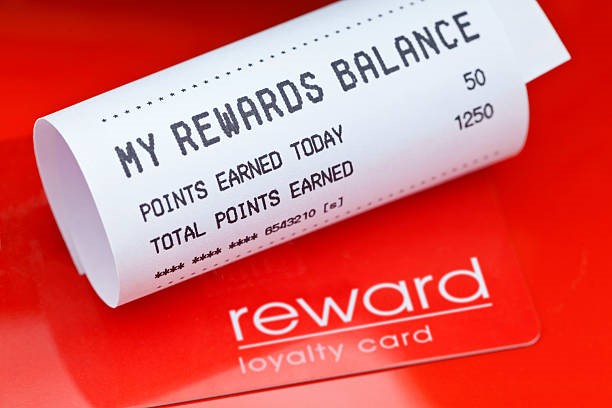Use Caution When Sharing Your Information With Retailers
Whether shopping at stores in-person or online, many retailers will prod you to sign up to become a member of their customer rewards program. Attempting to gather as much information as possible about customers makes sense for them; businesses obviously want to drive engagement with consumers, market to you in as many ways as possible and generally try to keep their brands top of mind. But does signing up for store loyalty programs make sense for you?
It can be tempting to join because who doesn’t love a deal, right? And who wouldn’t want to receive an instant 20% discount on a purchase they already know they’re about to make?
But there can be downsides to sharing your phone number or other personal information with retailers. Aside from potentially getting inundated with promotional text messages, it can leave you more vulnerable to fraud, identity theft and other cybersecurity concerns.
Here are some tips to consider:
Guard your cell number more closely
We live in a hyper-connected world. Most people now use their smartphone as a virtual command center for all things personal, family, and even business. But every year, the tactics used by cybercriminals become increasingly sophisticated. In the shadows, your data is under continual threat from scammers and hackers.
As such, each time you choose to share your personal information, you risk it eventually landing in the hands of the wrong kind of people. More and more data breaches are occurring every day. Moreover, be aware that some retailers share or sell lists of customer email addresses and phone numbers.
This can lead to an increase in annoying phone solicitations – as well as scam (or spam) messages. Also, it’s far easier for hackers to access your social media accounts if they have your mobile number.
Join rewards programs judiciously
Is joining every retailer’s loyalty program wise? No. Is signing up for loyalty programs of a few beloved brands a bad move to make? Not necessarily. But don’t blindly give up information without doing some quick research.
If you’re physically in line at a store and asked to join a program to “get X percent off today’s purchase” it’s wise to decline and take the information with you so you can read the fine print. The fact that it’s “free to join” still doesn’t mean you want to join. If you decide to sign up you can always use the discount on your next purchase.
If you’re shopping online, check out the retailer’s website to review their data-sharing and cybersecurity policies. Reputable websites also allow you to customize how you choose to share your data. The more details a retailer provides about how, where and when they will use customer information, the more likely they are to take cybersecurity seriously. It’s also worth noting that larger brands also tend to have more considerable cybersecurity budgets, which can provide some peace of mind that they are concerned with protecting customers.
When in doubt, play it safe. Given the exponential growth of cybersecurity issues, it’s OK to be skeptical and cautious when it comes to divulging your contact information.
